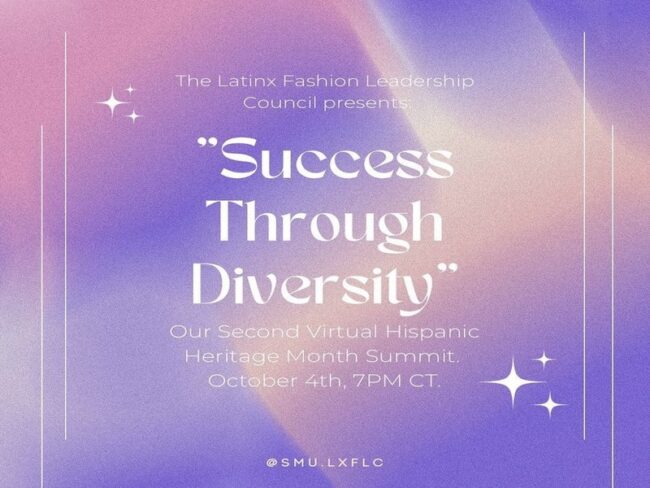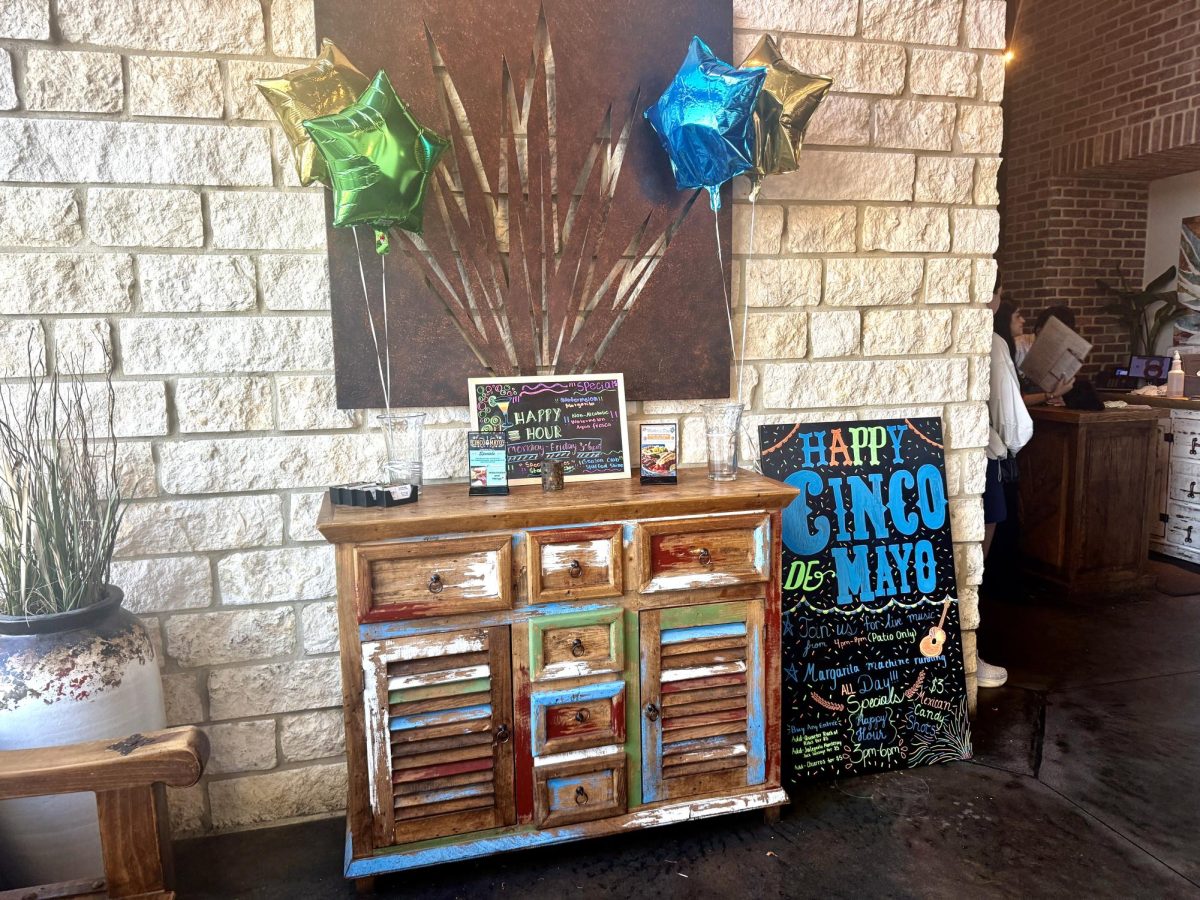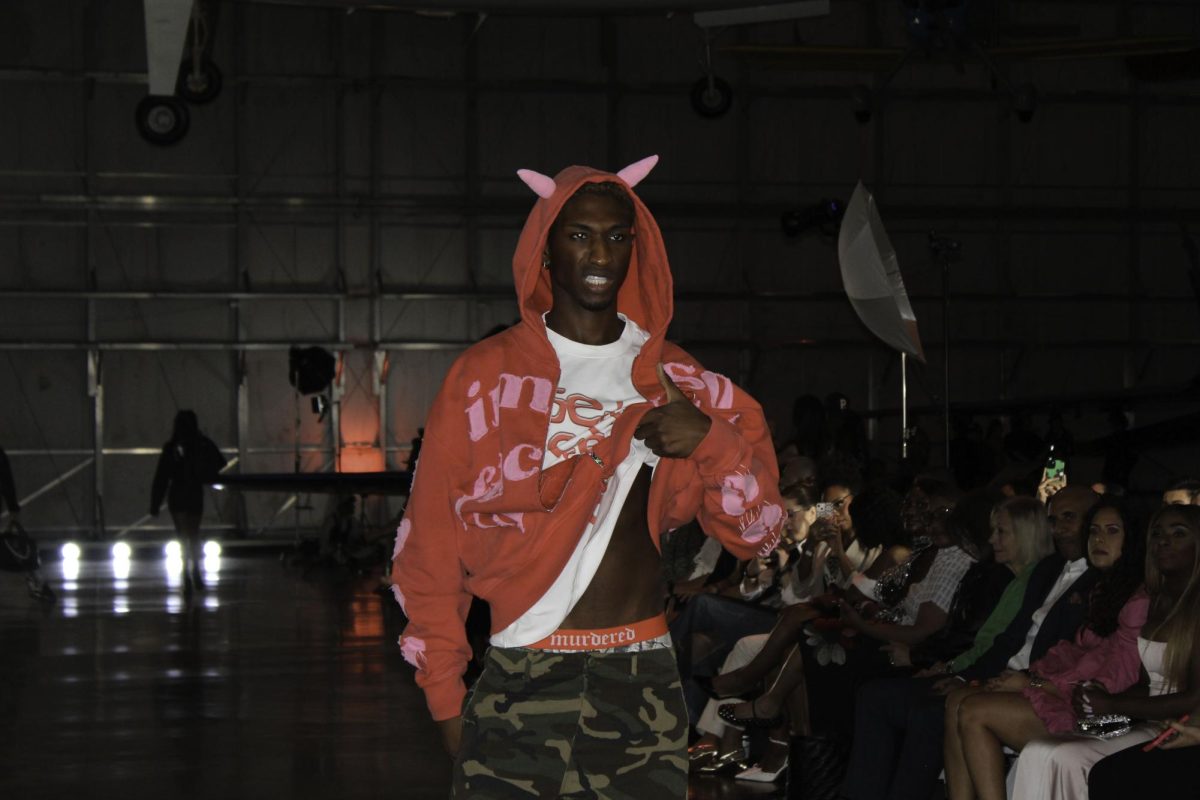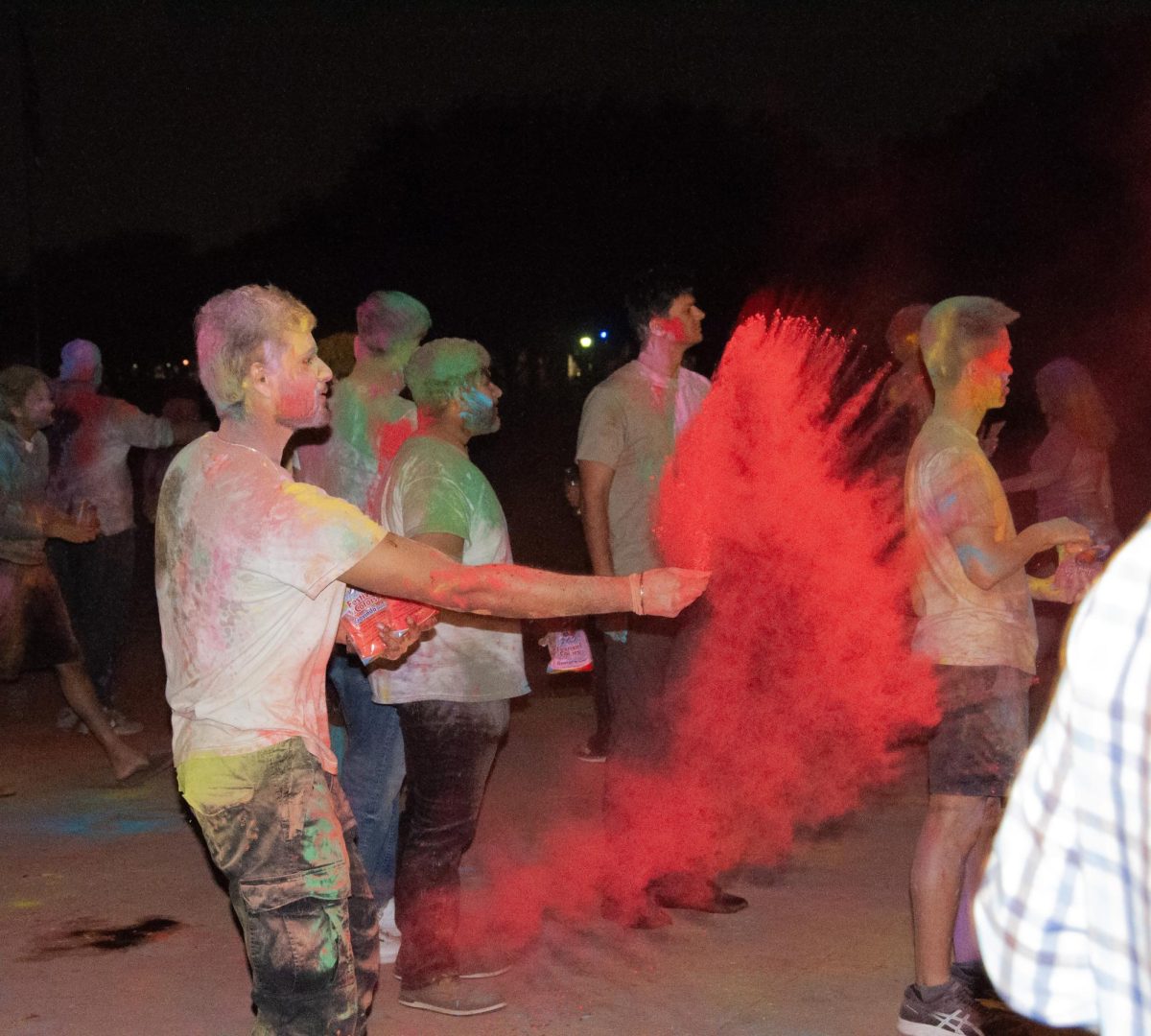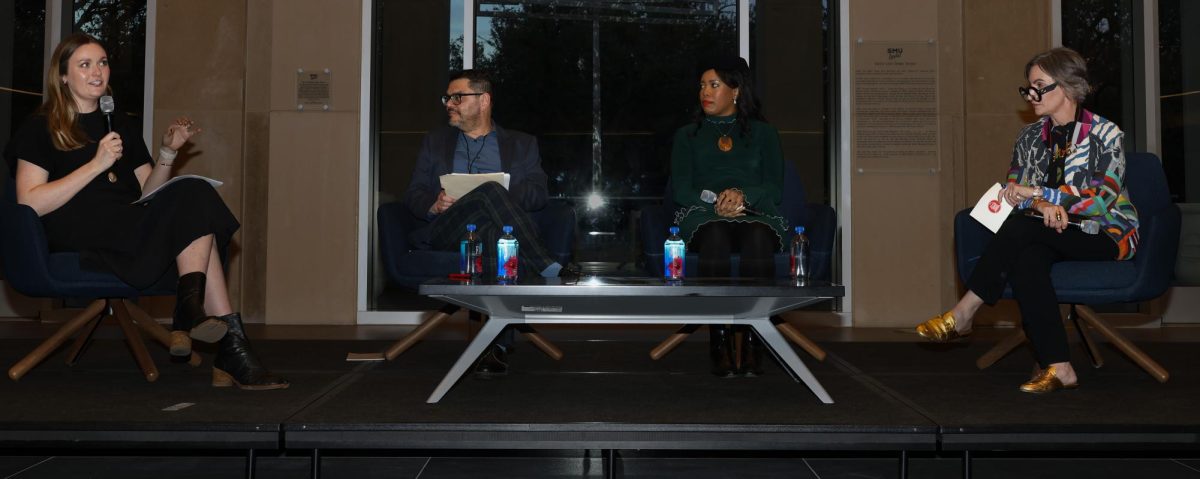The Latinx Fashion Leadership Council held its second annual Hispanic Heritage Month Summit last week. Attendees gathered virtually on Zoom to listen to fashion industry leaders discuss this year’s theme: “Success Through Diversity.”
The panelists included successful, diverse individuals such as Jonathon Hall, Erica Dickerson and Graciela Martin who all spoke about the progress of diversity within the fashion industry as well as improvements that need to be made.
Graciela Martin, a freelance fashion and luxury writer, and consultant recalled her personal struggles being a minority in the fashion industry
“I went to an interview for a company, and I was the right person for the job,” Martin said. “I was, speaking English fluently, and they thought, ‘Oh, yeah, she’s great,’ and then when they saw I was from Venezuela, they said ‘Oh, no, you can’t do this job.’”
Martin’s career began in Caracas, Venezuela, where she studied to be a journalist. Her love for fashion progressed into a successful career in fashion journalism.
Martin recognizes the importance of diversity and notes how the industry has come a long way since she first started working.
“You wouldn’t see a single Latin American name, it was very rare,” Martin said. “And now every season there are more and more names, you see so many diverse models in fashion, it’s fantastic that now you see all these ethnicities and different skin types.”
Martin clarified that diversity may show on the catwalk or magazine covers, but that some messages expressed on the outside of publications aren’t reflected on the inside, due to companies lacking diversity in their internal staff.
“I recently interviewed a Brazilian model, and she was telling me she observed this a lot,” Martin said. “She said in modeling agencies it has changed, but a lot of companies she worked for— everyone was white— in Brazil, which was such a mixed country.”
Jonathon Hall, current Director of Belonging at Neiman Marcus, expressed the importance of treating diversity and equity as a business problem to make change happen.
“We come from a place of history, where women lead in our organization, people of color lead in our organization,” Hall said. “There’s a difference between the people who make up the company and the primary customer that we serve.”
At Neiman Marcus, 53% of employees are people of color and the majority are female.
While Hall’s career choice stemmed from working directly for an established company, Erica Dickerson found her passion through a successful Black-Hispanic family business, Beauty Blender.
“My mom is actually the founder of Beauty Blender and so when she founded it, I was a teenager,” Dickerson said. “I was doing a lot of product packaging, my mom would make deals with me, like, ‘You want to hang out with your friends, so you have to package 100 beauty blenders today.’”
Dickerson pinpoints this as her start in the beauty industry, where she later went on to model and create social media content for her family company. She currently works in product development, working closely with her mom and developing beauty products.
“It’s a family business and we’re still privately owned by my mom,” Dickerson said. “Legacy is really important to us and so keeping it in our family has been a really a gift, honestly.”
Dickerson also recognizes the importance of diversity and connects the change in the fashion industry to social media, recognizing that it holds brands accountable.
“Whenever we create products it’s always with diversity in mind, the beauty industry has really shifted majorly with diversity,” Dickerson said. “It’s had to happen because of social media, thankfully, the narrative is being controlled through these social influencers.”



